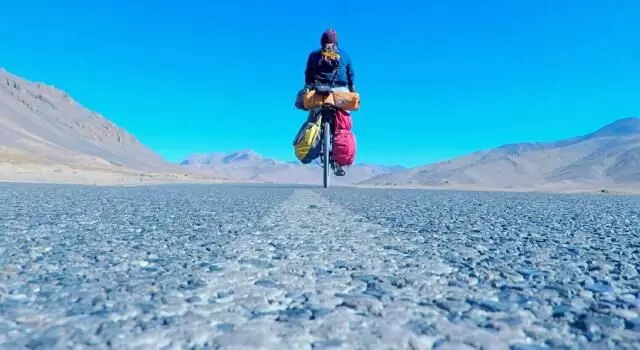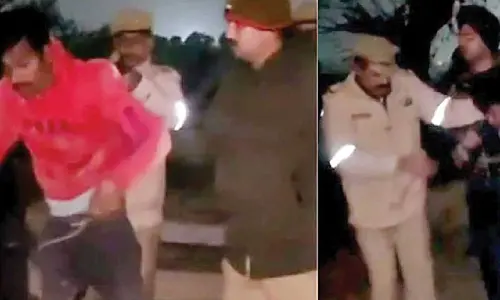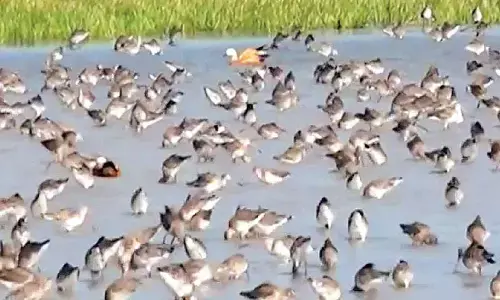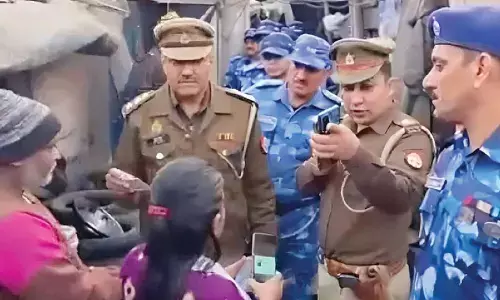Meet the journalist who left his job, travelled 20,000km with no money and built a sustainable dam.

He inducted into the Limca Book of Records and the India Book of Records for driving the Golden Triangle, a tourist circuit connecting Delhi, Agra, and Jaipur, in 69 hours without stopping.
Cycling has also become a way for 32-year-old Ankit Arora to traverse India and see the lives of other people. Ankit, a former journalist, used to cycle for fitness and competed in endurance competitions such as long-distance cycling (200 km in 13 hours) and cycling on routes such as Jaipur-Jaisalmer, Jaipur-Nainital, and India Gate (Delhi) - Wagah Border.
He inducted into the Limca Book of Records and the India Book of Records for driving the Golden Triangle, a tourist circuit connecting Delhi, Agra, and Jaipur, in 69 hours without stopping. He opted to cycle around India in 2017 and planned to return to his life after a few months. But little did he know that the adventure he began on August 27, 2017 would take him across the country, exposing him to diverse cultures and enlightening him with the information that people in small villages and tribal communities possessed.
Ankit has cycled across 15 states all of India, as well as eight Union Territories, over the course of four years and 1,500 days.When he's gone off the beaten path, he's made genuine connections with the locals. Narrating his story of the journey, Ankit said how he worked on a dairy farm in Puducherry, built mud huts for peasants in Nagpur, carved wooden sculptures in Maharashtra and Bengaluru, learned Thanjavur, Madhubani, and tribal Gond arts in Tamil Nadu, and learned the craft of making musical instruments in Andhra Pradesh.
However, being on the road for four years is no simple task, especially when you have to constantly worry about the basics such as food and shelter. This is when he learnt to rely on the kindness of others. While travelling without cash, he stayed in local towns, and a lot of people offered accommodation. It was more of a barter system that is common in some communal villages where people stay together, work for the locals, and teach others. "This is how I made it," he says.




